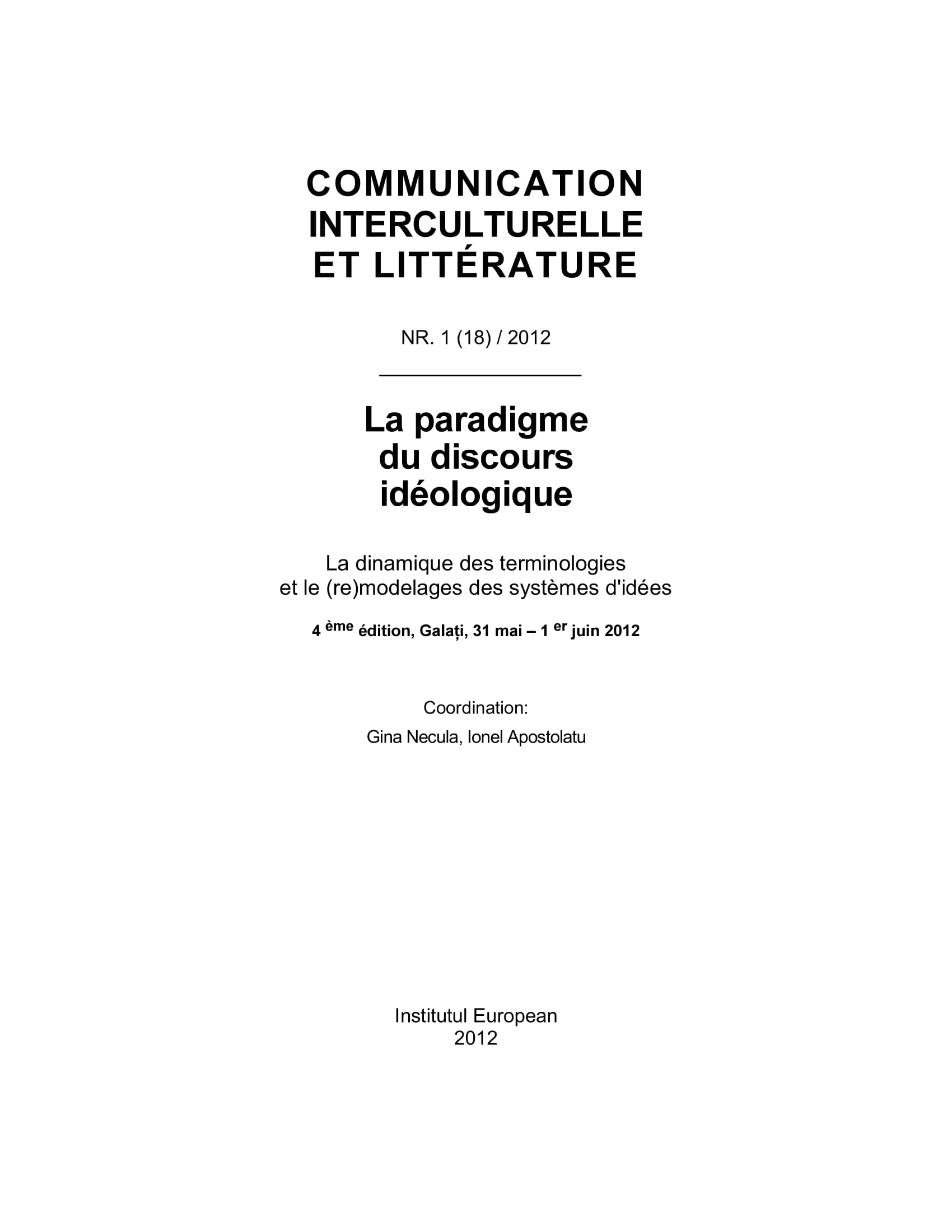Victor Hugo et l’idéologie humaniste: le cas de Notre-Dame de Paris
Victor Hugo et l’idéologie humaniste: le cas de Notre-Dame de Paris
Author(s): Mirela DrăgoiSubject(s): Language and Literature Studies, Studies of Literature, French Literature
Published by: Editura Casa Cărții de Știință
Keywords: Victor Hugo; French Renaissance; humanist ideology; Gothic art; doctrine of predestination
Summary/Abstract: Victor Hugo’s Notre-Dame de Paris (1831) lays much emphasis on the ideological foundations of the French Renaissance. An analysis of those parts of the novel that allude to religious beliefs, art and literary text production in the sixteenth century may reveal the connections that the nineteenth-century French writer establishes between the past – the Renaissance – and his own age. Hugo’s historical novel makes direct reference to Gothic art, Jean Calvin’s doctrine of predestination, and traces even further back in time the theme of immutable fate wonderfully developed in the medieval legend of Tristan and Isolde. Thus, it may be used to successfully explore French history and artistic imagination as well as their evolution about the end of the medieval period and in the early days of the Renaissance.
Journal: Comunicare Interculturală și Literatură
- Issue Year: 18/2012
- Issue No: 1
- Page Range: 169-178
- Page Count: 10
- Language: French

